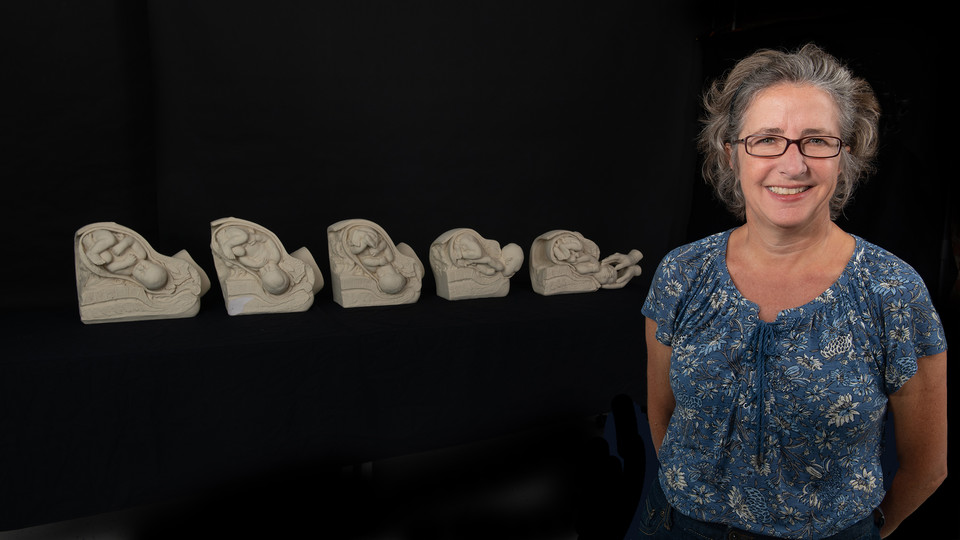Venetria Patton, the director of the African American Studies and Research Center and an associate professor of English and African American studies at Purdue University, will have a presentation 3:30 p.m. Tuesday at the Bailey Library of Andrews Hall. She will focus on her most recent published work, “The Grasp That Reaches Beyond the Grave: The Ancestral Call in Black Women’s Texts,” which looks at the importance of the ancestral figure in Black American culture, particularly Black American literature.
The particular piece of literature Patton will be discussing during her lecture will be “Stigmata,” a novel by Phyllis Alesia Perry.
“What I am arguing is the way reincarnation is treated in that text is connected to beliefs about the ancestral presence,” Patton said.
Patton’s lecture, as a part of the Women’s and Gender Studies Spring 2014 Colloquium Series, examines the distinct cultural and historical role black women have in relation to this notion of the ancestral presence. Kwakiutl Dreher, an associate professor of ethnic studies and English at UNL, organized the lecture and said she found it important to look into the works of black women.
“Because of some of the historical approaches to our history, there has always been a threat of being erased or ignored by history,” Dreher said. “I’m especially glad it’s Women’s History Month because it points to the fact that we are part of this history, and here is the evidence of this history.”
“The Grasp That Reaches Beyond the Grave” recognizes and examines the works of other African American women writers such as Toni Cade Bambara, Toni Morrison and filmmaker Julie Dash, who, as women, draw upon distinct aspects of the ancestral figure in various ways.
“These women are really responding to stereotypes of black women that developed during the era of slavery in which female slaves were not seen as mothers,” Patton said. “Basically they were described, in Toni Morrison’s terminology, as ‘natally dead.’ They were seen as animals who didn’t have maternal feelings.”
The work that Patton examines is a direct response to that notion, which became a cultural stereotype. She said in the same way mothers and daughters, separated during the time of slavery, built families of their own, black women writers today opposed the idea of the “natally dead” black women in their work.
“If we look at their films and literature, one of the things that they are doing is pointing to maternal connection,” Patton said.
Dreher, a former classmate and colleague of Patton, found that a recognition of the ancestral figure can help dismantle stereotypes.
“Paying attention to the ancestor, drawing upon the ancestor, rebukes and subverts those kind of theories about the African, in general, and the African American, to be specific,” Dreher said.
Dreher said she found it important to look into this link with the ancestral, especially today.
“I see this trend of this disrespect of history,” Dreher said, pointing out that various pop artists name-drop historical moments and figures without understanding what they really mean. “What Dr. Patton does is remind us of our history, in particular, the ancestor and how important the ancestor is to community – to group.”
Patton said literature especially helps examine issues of cultural identity and beliefs.
“I think that in studying different literary references, it provides an avenue to think about perhaps our own spiritual beliefs or other group’s beliefs, and provides better cultural understanding,” Patton said. “Literature allows us a different opportunity to grapple with this.”
By Kekeli Dawes on March 18th, 2014
for the Daily Nebraskan
arts@dailynebraskan.com



